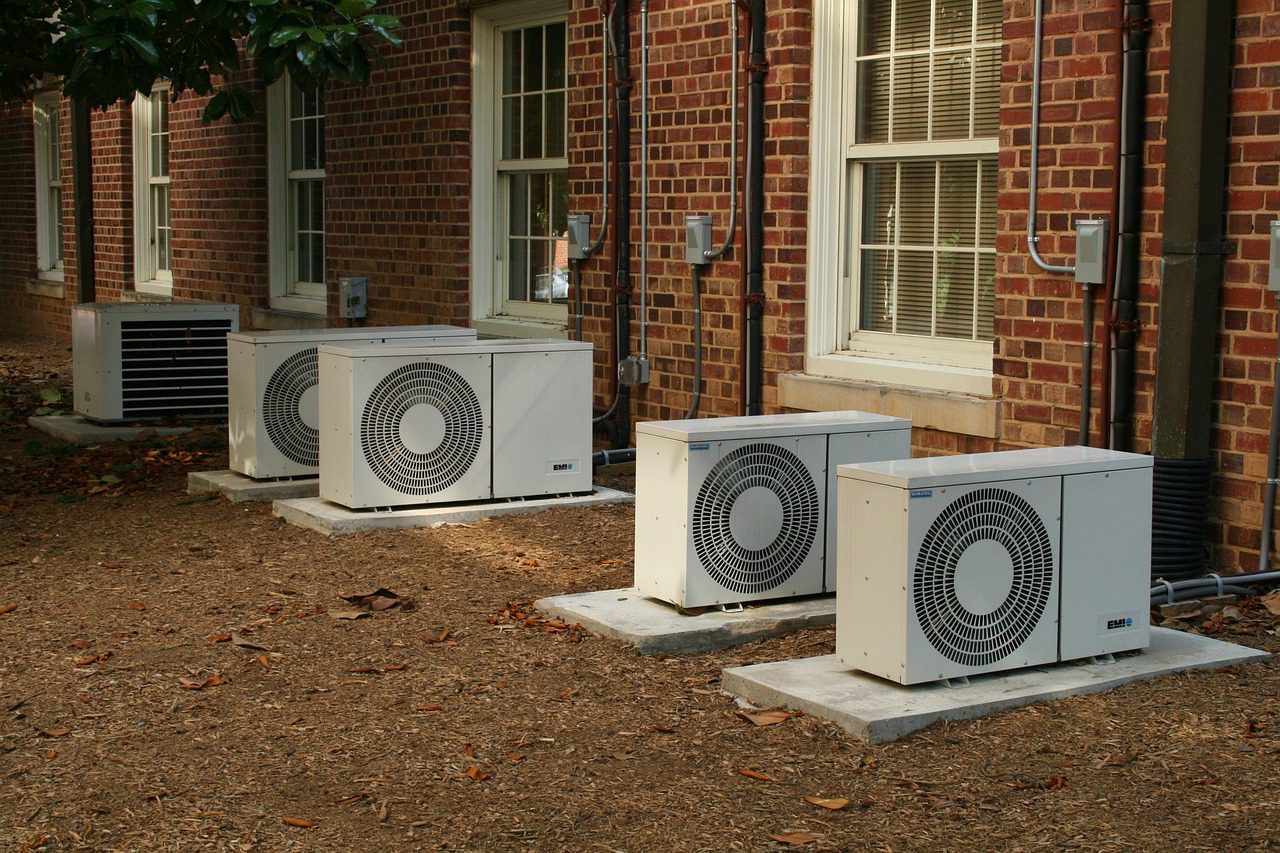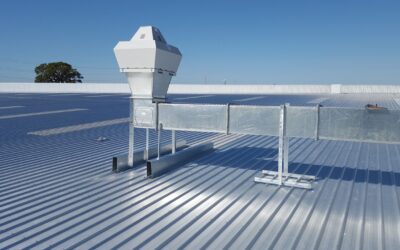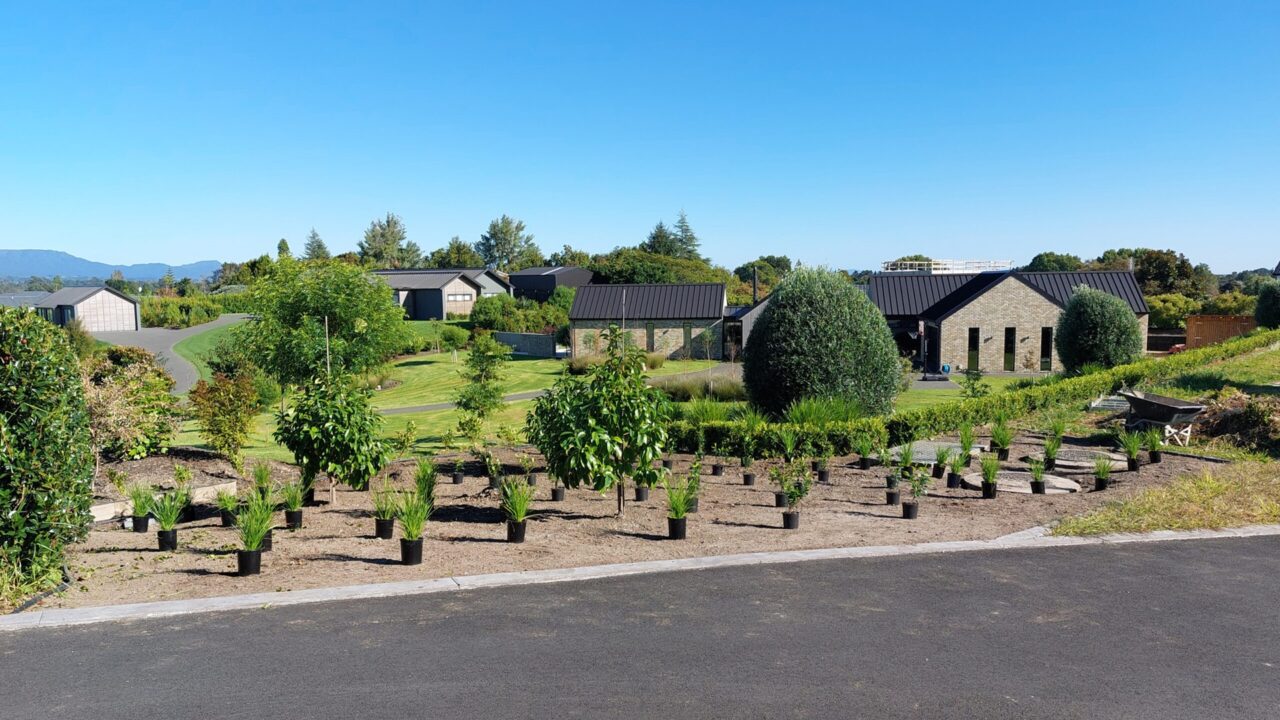HVAC system, which stands for Heating, Ventilation, and Air conditioning system, carries out the same functions mentioned in its name. Their sole purpose is to provide comfort no matter where you are. The HVAC system is installed everywhere, including your workplace and home. Though its purpose is the same in both places, there are many differences between commercial and residential HVAC systems, which you should consider before choosing an appropriate HVAC system. So here are the significant differences between commercial and residential HVAC systems.
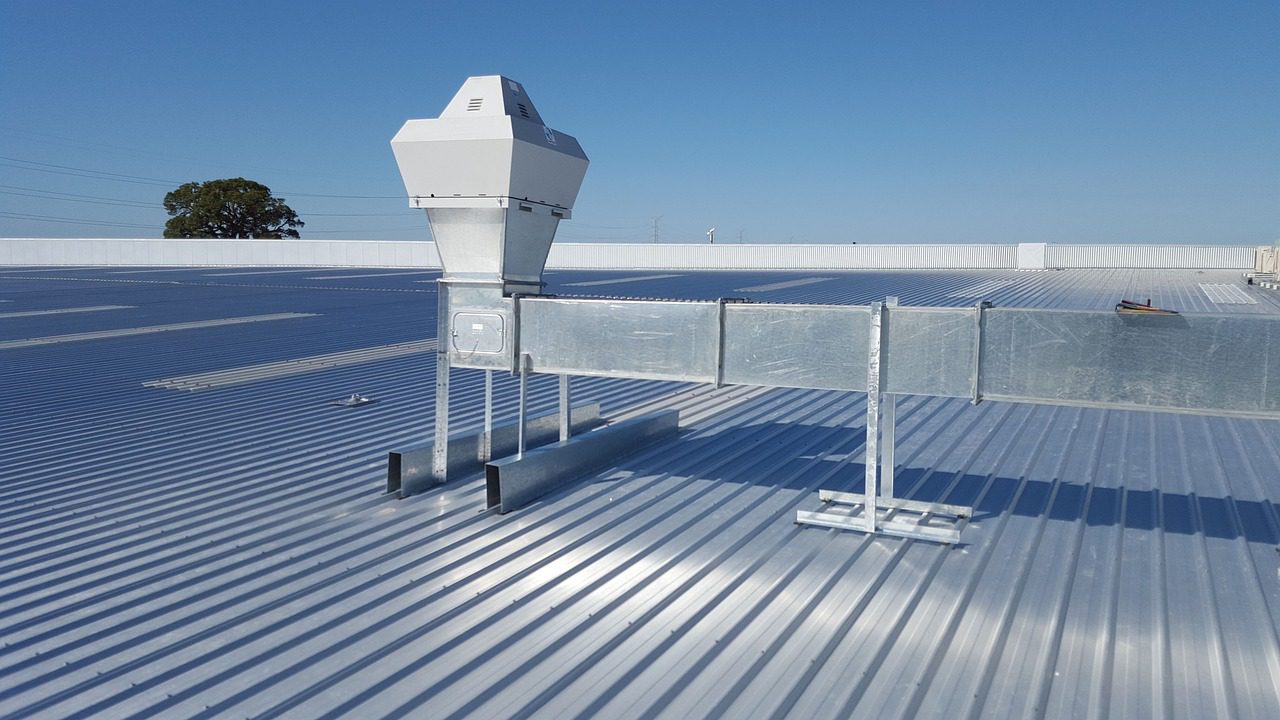
Differences Between Residential & Commercial HVAC
Size
One should correctly plan the size of the HCAV system according to their needs. Selecting an improper sizing of your HVAC system will only cause an unnecessary load on your equipment, leading to shorter and less efficient working of your equipment. Houses usually have 3-4 rooms only. As a result, a small HVAC system is more than enough for heating, cooling, or ventilation functions. An extensive size system for the house will consume much more power, run out soon, and start malfunctioning.
On the other hand, a larger unit is required for commercial purposes as it has to fulfill the needs of a massive place with hundreds of rooms and many employees. The more extensive system provides a powerful output, which helps maintain comfort on the hottest and coldest days of the year.
Placement
Correct positioning of the HVAC system in a building is an essential factor. Both residential and commercial systems produce significant noise, so they are placed away from the living or working areas. The residential unit is smaller in size so that it can be placed in the backyard, basement, or any corner of the house.
On the other hand, the commercial system is quite massive; therefore, it is usually placed on the terrace of the building to save space. Plus, the industrial unit requires time-to-time maintenance checks, so it becomes easier for technicians to access units on the roof to work freely in the open.
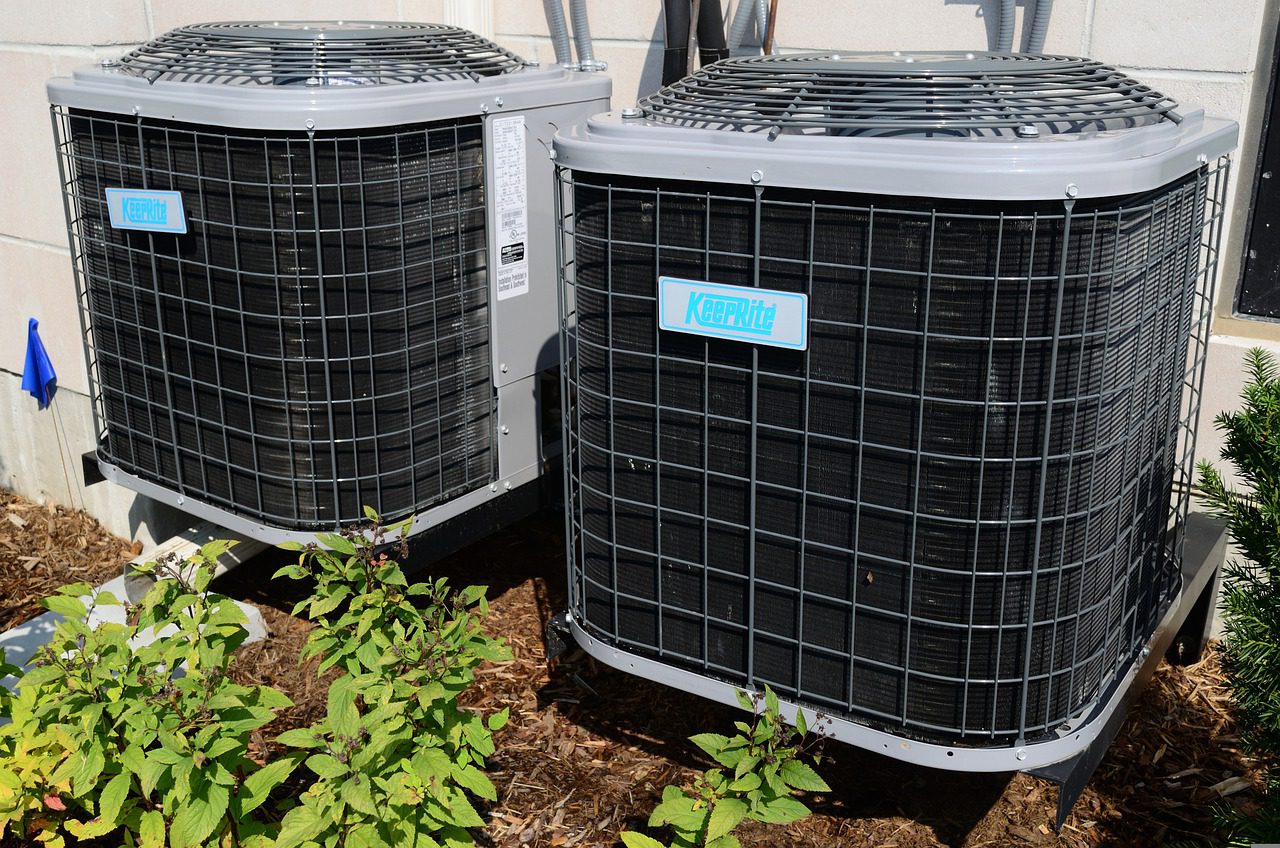
Zone
With small space to cover, generally, residential systems consist of only a single thermostat controller to manage the temperature of the whole house, but this couldn’t go with the commercial unit. With more extensive and diverse temperature needs at different levels and places of the building, a commercial system comes with multiple control units.
The numerous control units allow the users to control the temperature at different levels of the working area independently according to their comfort. Though some people are switching to a ductless control system with the zone for residential purposes, too, these are not very common.
Maintenance
A residential HVAC system is made with a stand-alone mechanism to make them compact. This mechanism implies that all system parts (interior and exterior) must work together effectively. The whole system may be subject to replacement if any of the components of the system fails. On the other hand, we use the modular system to produce Commercial HVAC systems.
These modules work independently in the HVAC system. The whole system does not need to be replaced if there is any major fault. Only the affected one will be subjected to repair or maintenance. But this multiple-module system makes the commercial system a bit complex to understand. The user will require a professional technician for maintenance and repair, which makes the commercial HVAC system costlier to maintain.
Drainage
The HVAC system in residential and commercial areas produces water because of the moisture it collects from the air while heating or cooling the provided space. An HVAC system’s drainage process comes out to be an essential unit to remove it. Because of its small size and less area to cover, the residential HVAC system has a simple drainage mechanism. The condensed water collected flows to a collecting pan through a small tube.
For a commercial system, the process is not as simple as it looks. With such a bulk design and a large area to cover, the commercial HVAC system comes with a complex and multiple-tube design with numerous pans to avoid overflowing moisture collected.
What’s more?
First, there’s a source of the fresh air intake, either outside or within the structure. This procedure is referred to as ventilation and is divided into two types.
Then the air is either heated or cooled, and any excess moisture is removed. The air is supplied into the home when it is clean, fresh, and at the right temperature. This requires passing through a maze of ducts and ceiling registers to reach adjacent rooms for central systems. In this article, we’ll be discussing the seven major types of HVAC systems available, and at the end, you’ll be able to select which best fits your home.
Heating and Cooling Split Systems
The most popular HVAC system is a heating and cooling split system. As the name implies, it is divided into two independent components, one for heating and cooling. It’s worth noting that these systems’ internal and external features are easily distinguishable. Outside, such HVAC units feature a chilling system that uses fans, coolants, and radiators to chill air and a vent to keep excess heat out.
On the other hand, the heater in a heating and cooling split system is housed underground or in another basement room and consumes energy to heat the home. A typical thermostat is used in this method to retain the temperature within a livable range.
Hybrid Heat System
The properties of a hybrid HVAC system are similar to those of a split system, but there are several vital variances. One of the distinguishing characteristics of this HVAC system is its hybrid heating system, which aids in the reduction of energy expenses. The residents are in charge of determining the key distinctions.
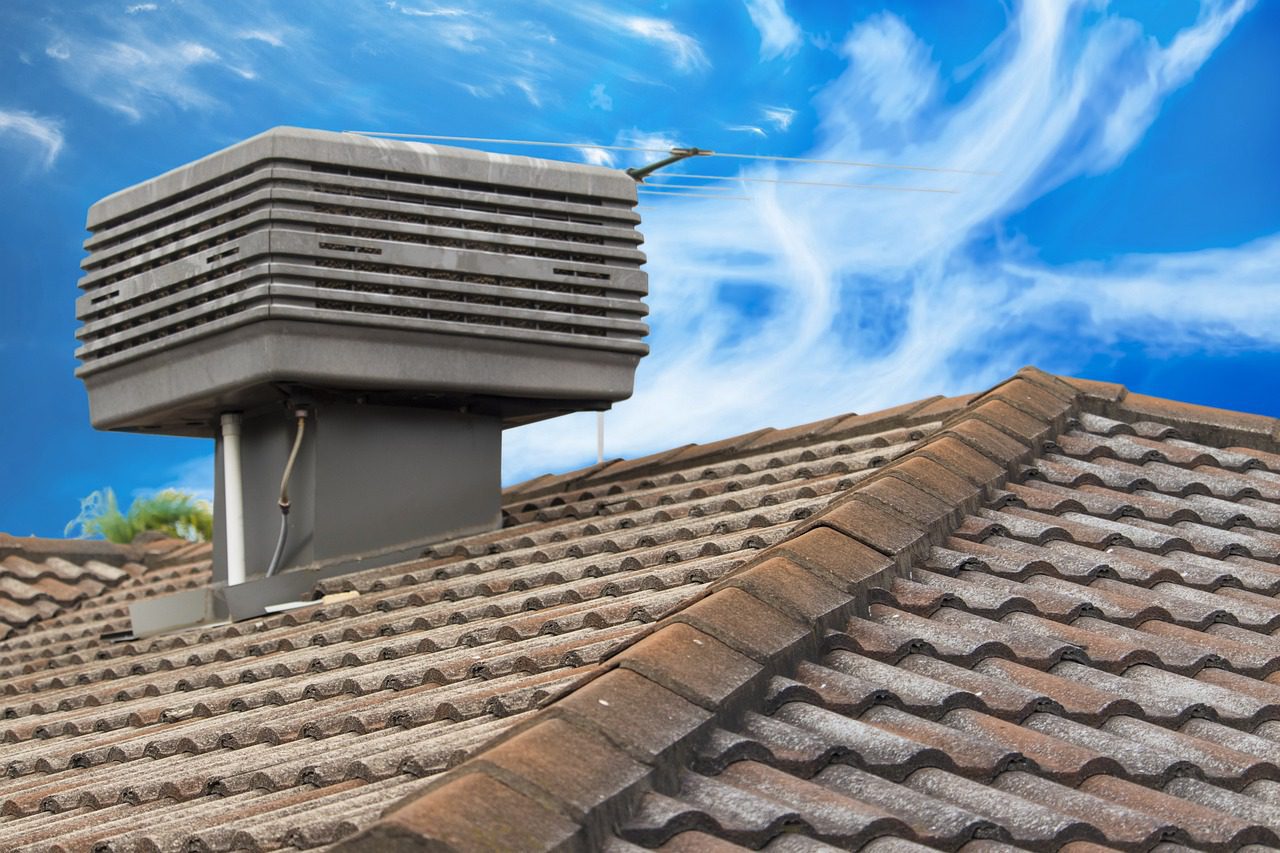
Conclusion
There are many other fundamental differences between commercial and residential HVAC systems like ventilation, used equipment, maintenance cost, etc.; one should check before choosing the best suitable unit for their requirement. Explore thoroughly before deciding on comfort in your indoor area. Also, invest in a good quality HVAC system and contractor which understands and fulfills your demands.
For more information on Heating and Cooling Systems call Hiko Electrical
